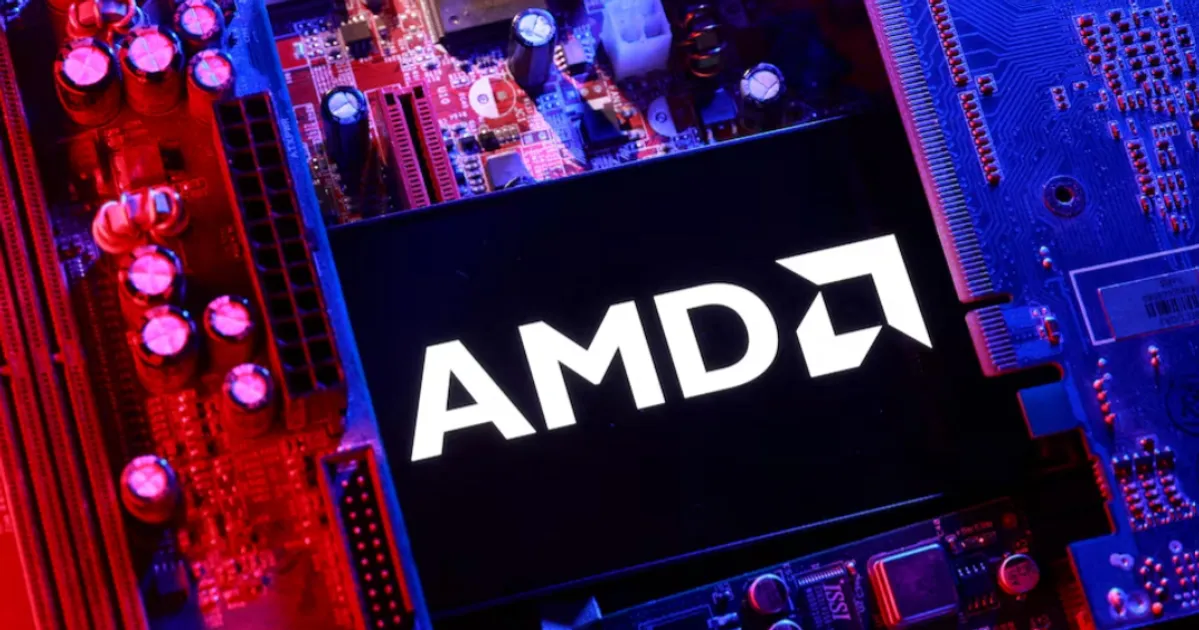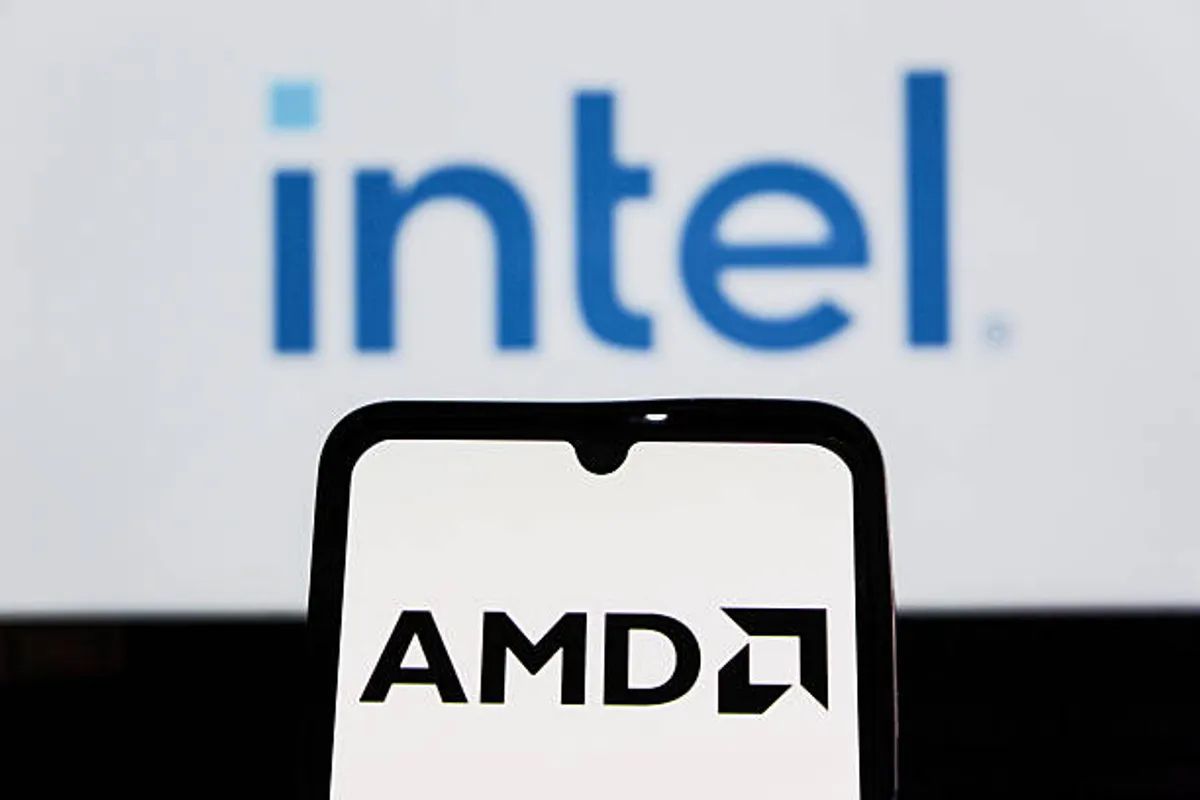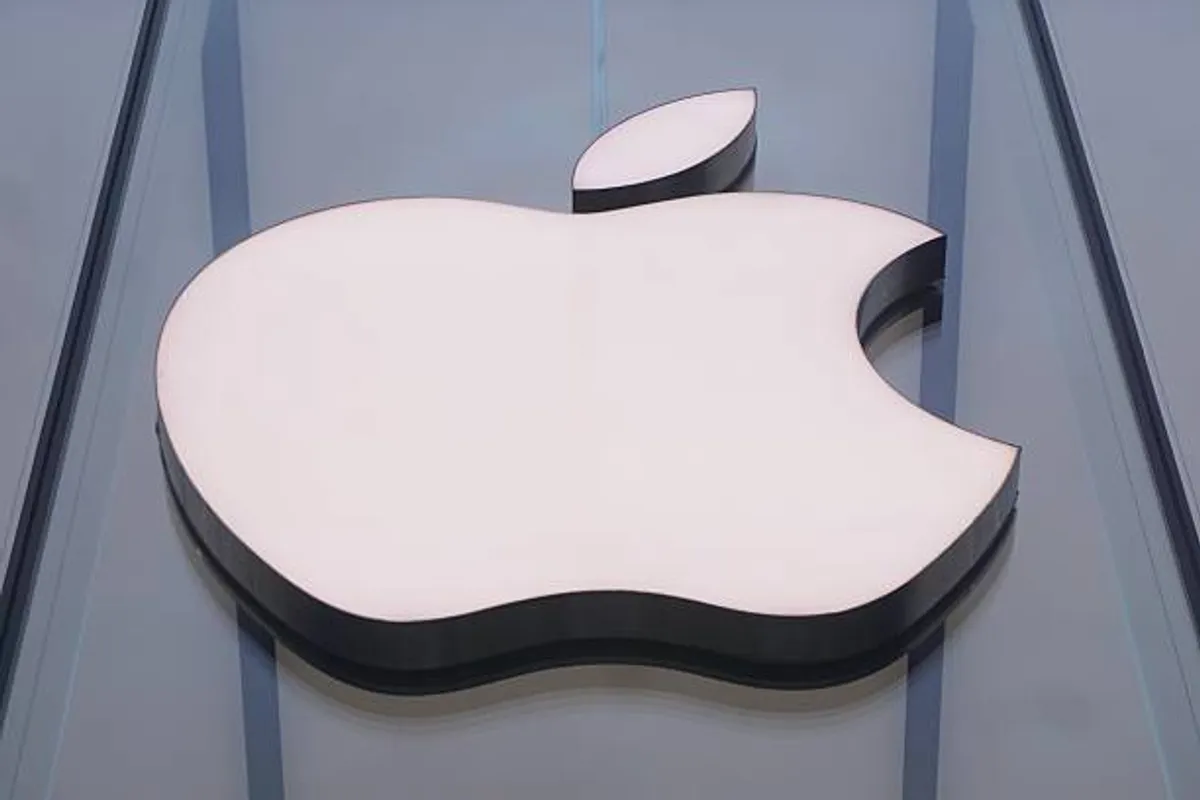IBM Shows Quantum “Error Correction” Algorithm Can Run on Common AMD Chips

GeokHub

IBM has announced a major leap in quantum computing after revealing that one of its most important quantum error-correction algorithms can now run smoothly on conventional AMD chips. The breakthrough could dramatically accelerate the path toward hybrid computing systems that combine classical and quantum technologies.
Quantum computers use “qubits” — highly sensitive units of information capable of performing calculations far beyond what traditional computers can handle. But qubits are fragile and prone to errors, making error correction one of the biggest challenges in quantum research.
IBM scientists confirmed that their advanced error-correction process can operate in real time on field-programmable gate arrays (FPGAs) made by AMD. These chips are commonly used in data centers and AI systems, far more accessible than specialized quantum hardware.
Jay Gambetta, IBM’s Vice President of Quantum Research, said the algorithm exceeded expectations, running “ten times faster than required” — a sign that the technology is ready for real-world applications.
Despite the excitement, experts warn that quantum technology remains years away from mainstream use. Synchronizing quantum data with classical hardware introduces complexity, and maintaining qubit stability — known as coherence — remains one of the field’s toughest challenges.
IBM’s success marks a milestone, but full-scale quantum systems still require significant hardware innovation, precise environmental control, and powerful integration software to handle both classical and quantum workloads.
What’s Next for IBM
The company’s latest advancement aligns with its roadmap to release its “Starling” quantum system by 2029 — a next-generation platform expected to blend quantum and classical computing seamlessly.
IBM’s partnership with AMD also hints at broader possibilities. By linking high-performance AMD chips with quantum processors, IBM is betting on a future where both technologies coexist — each handling tasks where it performs best.
Investors responded positively to the announcement, with IBM shares rising nearly 10% following the news, reflecting growing confidence in the company’s quantum roadmap.








